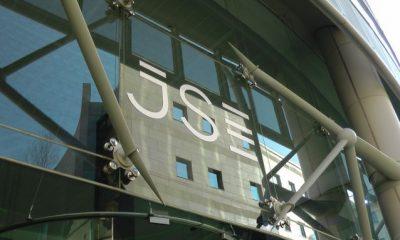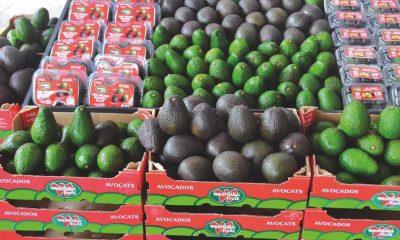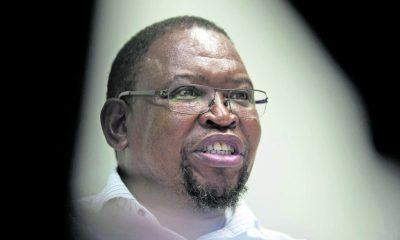Published
6 months agoon
By
zaghrahSouth Africa’s economic outlook is optimistic in the long run, but there are critical short-term challenges that need to be managed carefully. According to Gareth Joubert, Managing Director at Hollard Trade Credit, while there is rising optimism around South Africa’s Government of National Unity (GNU), more tangible outcomes are required to solidify this sentiment into real economic growth.
Echoing the views of economist and political analyst Daniel Silke, Joubert notes that while the South African economy is poised for a rebound in the medium to long term, immediate hurdles must be addressed to foster resilience among businesses.
The current optimism is partly due to expectations of lower interest rates, which could drive growth across sectors. However, Joubert highlights that global uncertainties, such as the upcoming US elections, may create volatility. Should the Republican candidate win, it could strain trade relations with China. Given South Africa’s position as a small, open economy, any disruptions in US-China relations may impact local businesses indirectly.
“With former US President Donald Trump having voiced intentions to adopt a tougher stance on China, South Africa could find itself impacted by these geopolitical shifts,” says Joubert.
While the GNU’s stability is a key factor in maintaining investor confidence, upcoming events in South Africa’s political landscape, such as the ANC’s next presidential election and local government elections, are pivotal. Joubert stresses that the outcome of these events will influence economic sentiment and the ability of the government to maintain positive momentum.
Despite South Africa’s relatively slower growth, Joubert and Silke foresee robust GDP growth across Africa, particularly in the Southern African Development Community (SADC) region. This growth, if sustained, will present opportunities for South African businesses willing to weather the current uncertainty.
“Although South Africa may not experience the same growth rates as its regional peers, the long-term outlook remains promising,” says Joubert. However, he emphasizes the importance of business resilience to ensure that companies are well-positioned to capitalize on these future opportunities.
In the face of global and local uncertainties, Joubert advises South African businesses to consider trade credit as a key tool for maintaining financial stability. Trade credit can provide businesses with the flexibility needed to navigate economic fluctuations, allowing them to survive challenging periods and leverage future growth.
“Trade credit should be part of the arsenal needed to fortify and ensure sustainability for businesses while they navigate the unsteady short-term operating conditions,” Joubert suggests.
While positive sentiment is growing, business owners must remain cautious and proactive in managing short-term challenges. By implementing resilient financial strategies, such as trade credit, companies can better position themselves to benefit from the long-term growth projected for South Africa and the broader SADC region.


JSE Smashes Records as Global Markets Surge on US-China Trade Truce


South African Avocados Break into China: A Fresh Chapter in Agri Exports


South African Economy Hit by Global Turmoil, but Brighter Days May Lie Ahead


Thousands of Transnet Workers Threaten Strike as Wage Talks Reach Final Stage


Tax Boycotts in South Africa Already Underway, Says Top Economist


Farmers Gear Up: Tractor and Harvester Sales Surge as Confidence Returns to Agriculture















